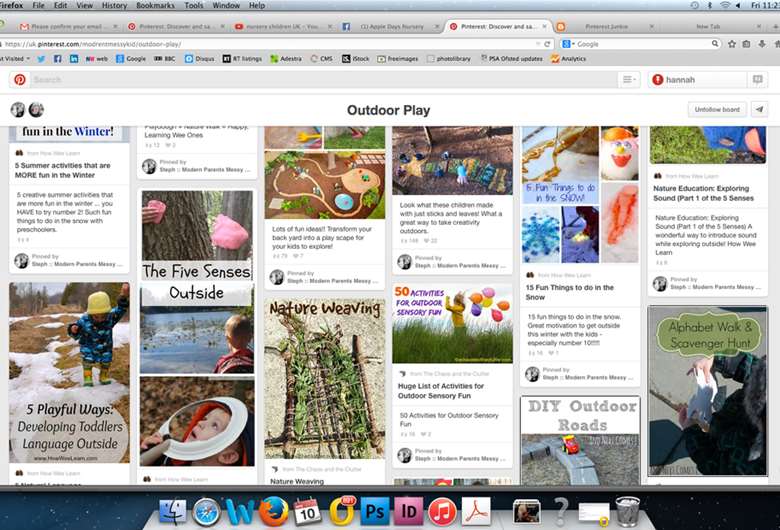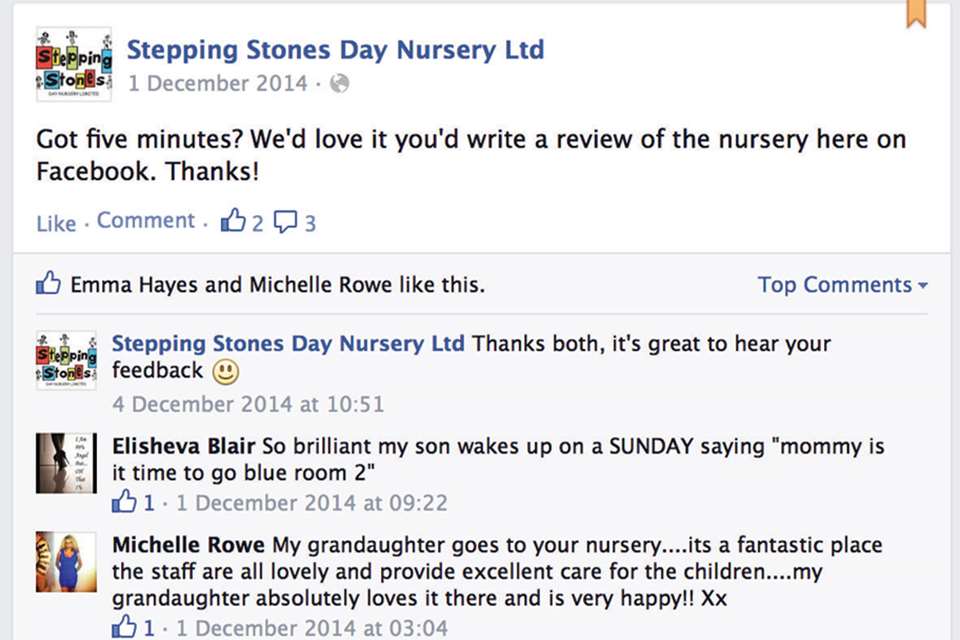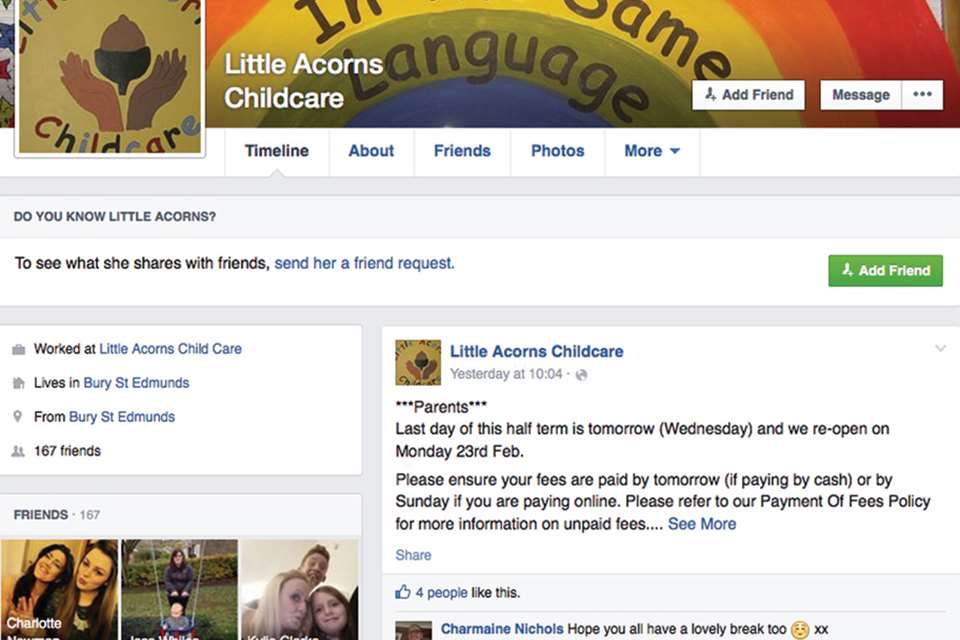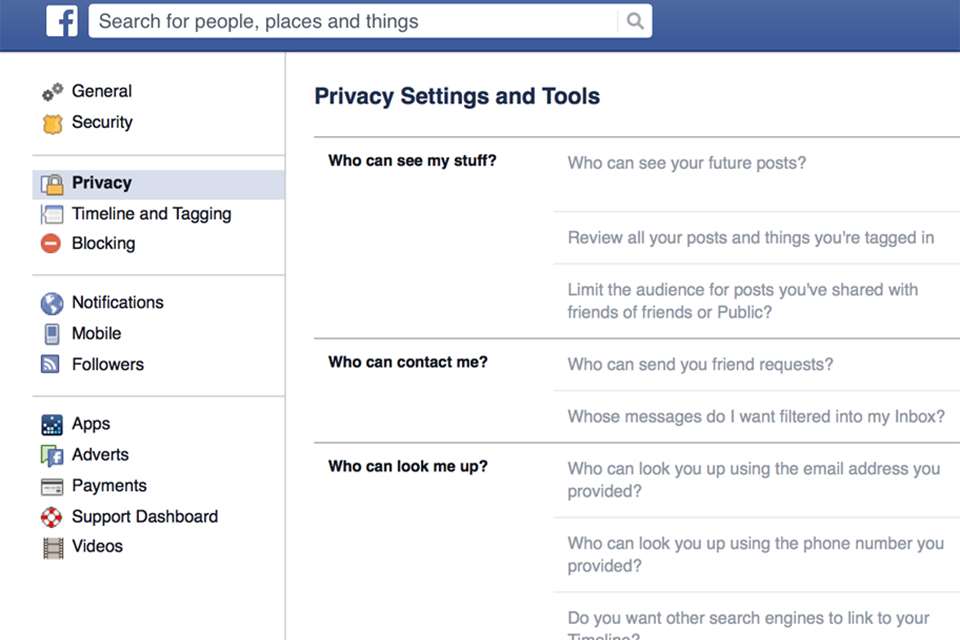Making online count
Kate Tyler
Monday, April 20, 2015
You may not think social media matters much when it comes to inspections, but excelling online can help you to meet the Early Years Foundation Stage goals, as expert Kate Tyler explains

It is easy to let things like social media slide with an inspection looming. But Ofsted is getting more and more opinionated on communication with parents, and is now picking up on social media use.
One nursery's recent report reads, 'Through a large variety of media, including newsletters, emails and social networking sites, the nursery keeps parents very well-informed about their children's activities and progress.' Another says, 'The setting makes innovative use of new technologies and social media to involve parents in their children's learning in the early years.' However, nurseries are also being told by Ofsted that they need to improve their social media communications.
There are two things to keep in mind when posting. The first is this line from the Ofsted Strategic Plan: 'We focus on how standards can be raised and outcomes improved.' So sharing the good news stories, and asking for feedback, will help to demonstrate this. The second rule is about your approach, which should be little and often. The Early Years Founation Stage (EYFS) requires providers to make key information available to parents and carers - this ranges from the food and drink available to the experiences provided, all ideal for a drip-feed approach with short messages and photos.
Social media and the EYFS go hand in hand. Really! The seven areas of learning and development can all be neatly demonstrated on social media in the following ways.
Communication and Language
Share videos on YouTube of children demonstrating their speaking skills and confidence in expressing themselves.
Physical Development
Share photos on Facebook of the children being both active and interactive.
Personal, Social and Emotional Development
Put together a board on Pinterest that demonstrates how important this area is with tips, ideas and examples of best practice for parents and other professionals.
Literacy
Try tweeting tips on literacy development to parents.
Maths
Use Facebook to share photos or videos of the children's numeracy work and your displays.
Understanding the World
Share suggested activities on all the networks for children to engage in outside the setting, with a focus on exploring, observing and finding out about people and places.
Expressive Arts and Design
Encourage parents to share the artwork their children have created at home with the nursery's social media pages
Finally - safeguarding. Effective safeguarding systems are child-centred; the same applies to your social media strategy. Sharing content that inspires and involves parents will empower them to extend learning at home. Data protection, consent for images, and a no-naming policy are all vital, too. Everyone wins with this approach, especially the child. Your setting is viewed positively by parents, professionals, press and Ofsted alike, while the children's development and well being is extended.
Good luck! We would love to hear how Ofted commented on your social media activity - just use the hashtag #nwsocial.
 Kate Tyler is managing director of Shake Social, a social media agency for the early years
Kate Tyler is managing director of Shake Social, a social media agency for the early years
The most popular network and the most powerful for nurseries. People can collect 'friends' and companies can collect 'likes' for their profile pages.
This real-time service is unrivalled for fast-paced, breaking news. Use hashtags (#) to group conversations together. Tweets are limited to just 140 characters.
A virtual pinboard for all the things you love. Boards are based on different themes, with images 'pinned' on your board linking back to the website they came from.
YouTube
YouTube is now the second largest search engine in the world. Owned by Google, it is immensely popular and affects your online search rankings.
Blogs
A blog (web-log) is an online article or journal that can include text, images and video.
Google+
Although not as widely used as other social networks, Google+ does influence search engine rankings.
Connects people for professional purposes.
With its square format and retro filters, Instagram gives your images a polaroid feel. Only available for use on mobile phones, it is intended to be about recording the moment.
Snapchat
Allows users to create 'snaps' - photos or videos that only last for up to ten seconds once the recipient has opened them.







